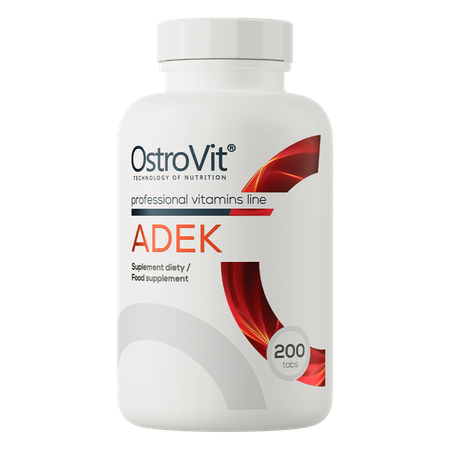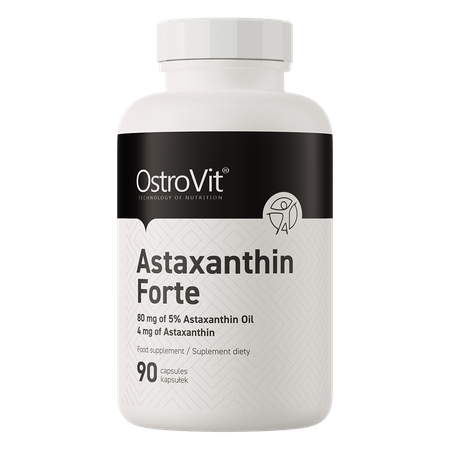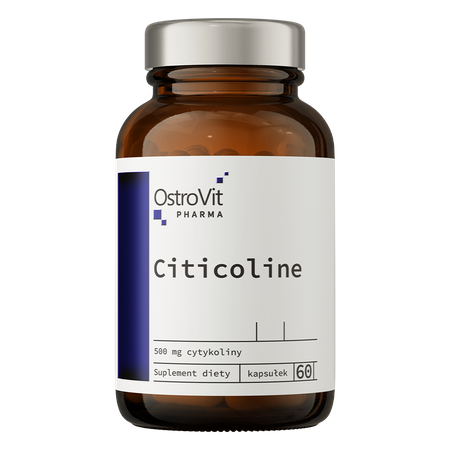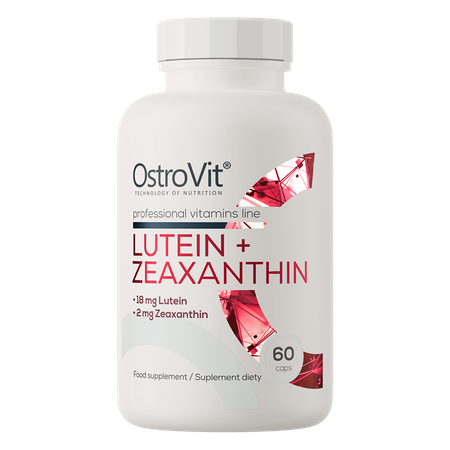Eye Health
Healthy eyesight is extremely valuable and important for proper functioning. Unfortunately, we constantly expose our eyes to harmful external factors, incl. UV radiation or blue light. But what do we do to support eye health?
In the past, eye diseases mainly affected the elderly. Nowadays 60% of people over the age of 16 suffer from problems with this organ. What is the reason for this? And what can be done about it?
How to take care of healthy eyesight?
Every day our eyes take on many challenges and spend long hours staring at the screen - computer, TV or smartphone.
Since we can expose our eyesight to many harmful factors, it's time to learn how to take care of it properly! Here are some tips to help you take care of your eyes.
Pay attention to what you eat
You know perfectly that a healthy and properly balanced diet supports the proper functioning of the entire body. Perhaps you have not thought about whether the daily menu also affects your eyesight. But we hurry with the answer - of course, diet can also help or hurt your eyes!
What products and ingredients should be included in the daily menu to support proper vision?
It is important that your menu is dominated by vegetables and fruit full of valuable nutrients, and also antioxidants that support the proper functioning of the organ of vision.
Other components of the diet such as: milk and dairy products, fish and meat, and whole grain cereal products are also important. Proper hydration is also really important. It is worth excluding highly processed articles and unhealthy snacks from the menu.
In your daily diet supporting healthy eyesight, it is worth paying special attention to nutrients such as:
- Vitamin A, the source of which is, i.a. liver and offal, green leafy vegetables, milk and dairy products. Vitamin A is a powerful antioxidant that can support the proper functioning of the retina and its upper layers.
- Zinc, which occurs naturally in the liver and offal, as well as in eggs, groats and legume seeds. This element can participate, i.a. in the formation of visual pigments in the retina and its deficiency can lead to night blindness.
- Omega-3 fatty acids i.a. docosahexaenoic acid, found in oily marine fish, algae and seafood. Adequate supply of omega-3 fatty acids may reduce the risk of macular degeneration.
- Zeaxanthin - This compound can be found in products such as broccoli, brussels sprouts, corn or tomatoes. Zeaxanthin has strong antioxidant properties, so it can protect the eyes from damage.
- Lutein, a good source of which is spinach, kale, pumpkin, carrots, parsley and tomatoes. It is located in the macula and is responsible for visual acuity. It can also protect the eyes from free radicals and excess light.
- Vitamin D, which can participate i.a. in regulating the pressure in the eyeball. Its source is oily sea fish and seafood.
- Vitamin C, which can be found i.a. in acerola, wild rose, blackcurrant or citrus fruit. Vitamin C can affect the regulation of the tear film production process, strengthen the walls of blood vessels of the eyes and neutralize free radicals.
- Vitamin E, which can take care of the efficiency and acuity of vision and can prevent damage to blood vessels. Vitamin E can be found i.a. in olive oil, almonds, sunflower oil, hazelnuts or sprouts and germs of cereal seeds.
Take care of your sleep
It may surprise you, but also the right quality and length of sleep has an impact on your eyesight.
In the absence of an adequate amount of sleep, pain and eye strain appear. Eyelid cramps and redness as well as dry eyes are also possible.
Sleep-related disorders can affect corneal stem cells and tear film instability.
Therefore, try to sleep a minimum of 7 hours every night. Your eyes will be grateful!
Protect your eyes from UV radiation
Protect your eyes from the harmful effects of UV rays. On sunny days, especially in summer, when the sun shines the strongest, use good quality sunglasses.
Make sure, however, that the model you choose has the appropriate filter and certificates. Interestingly, glasses with tinted lenses that do not have sunscreen can be harmful to vision.
This is due to the fact that dark lenses cause less light to reach the eye and thus the pupils dilate. The dilated pupil, in turn, absorbs larger amounts of UV radiation, which can gradually lead to damage to the retina of the eye.
Take care of proper lighting
Proper lighting of the workplace is also extremely important. How the desk is positioned relative to the window or where the lamp stands.
Too low light and poor lighting makes the eyes tired faster. It also contributes to an increase in the frequency of symptoms such as burning, itching or watery eyes.
Watch out for the screens
The results of some studies suggest that the average Pole spends a total of 10.5 hours in front of a computer, smartphone or TV screen every day! During the year, this gives us as many as 159 days.
We spend far too much time staring at monitors. And what about our eyes?
Spending many hours in front of the screen reduces the frequency of blinking and increases the accommodative tension in the eye. In addition, when the light is reflected in the screen, the eyes get even more tired.
Therefore, apart from limiting the time spent in front of the monitor, it is important to position the screen properly. The distance between the eyes and the monitor should be at least 50 cm. In turn, the minimum distance between the viewer and the TV should be twice the width of the screen.
It is worth taking care of spot lighting. The light source should be set behind the monitor, while in case of TVs, the best will be the light falling "from above" or a lamp set just behind the screen.
Spending too much time in front of a computer, TV or smartphone is associated with tightening the eye muscles and can lead to myopia.
Examine your eyesight
It is important to have your eyes examined regularly. After all, minor vision defects are always easier to correct!
People before the age of 40 should have their eyes checked on average once every two to three years.In turn, after the 40th birthday, it is worth examining the eyes every year.
Supplements that are worth including in the diet for healthy eyesight.
If you know that along with the diet you do not provide the body with all the important nutrients that positively affect the vision process, it is worth considering the use of dietary supplements rich in valuable ingredients.
Preparations that you can reach for to support healthy eyesight are supplements rich in:
- lutein,
- astaxanthin,
- fat-soluble vitamins, i.e. vitamins A, D, E and K,
- Omega-3 fatty acids, as well as omega-6 and omega-9 fatty acids,
- zeaxanthin,
- vitamin C,
- zinc,
- iron.
Simple exercises for tired eyes
Spending a lot of time at the screen, you should take a five-minute break every hour and look into the distance. It is also worth doing simple exercises at this time.
- Look ahead at the wall and slowly trace the sign of infinity with your eyes,
- Look as far as you can down, up, right and left without moving your head,
- Look as far as possible ahead, and then circle a few circles without moving your head.
This is so-called eye yoga, which certainly won't hurt and may positively affect your eyesight.


 Bestseller
Bestseller


